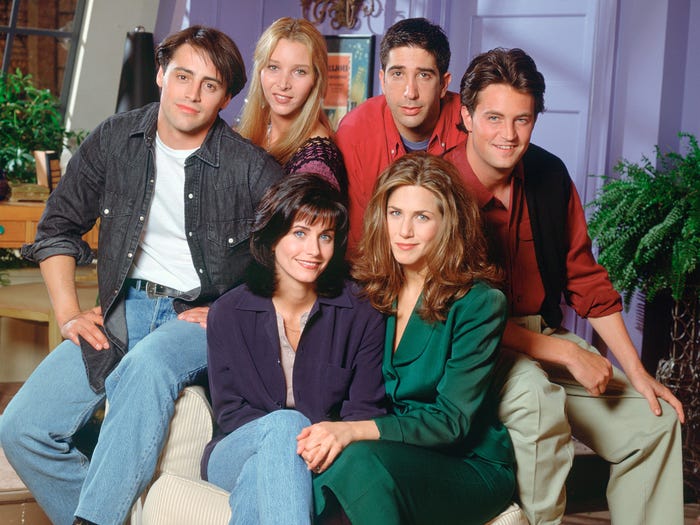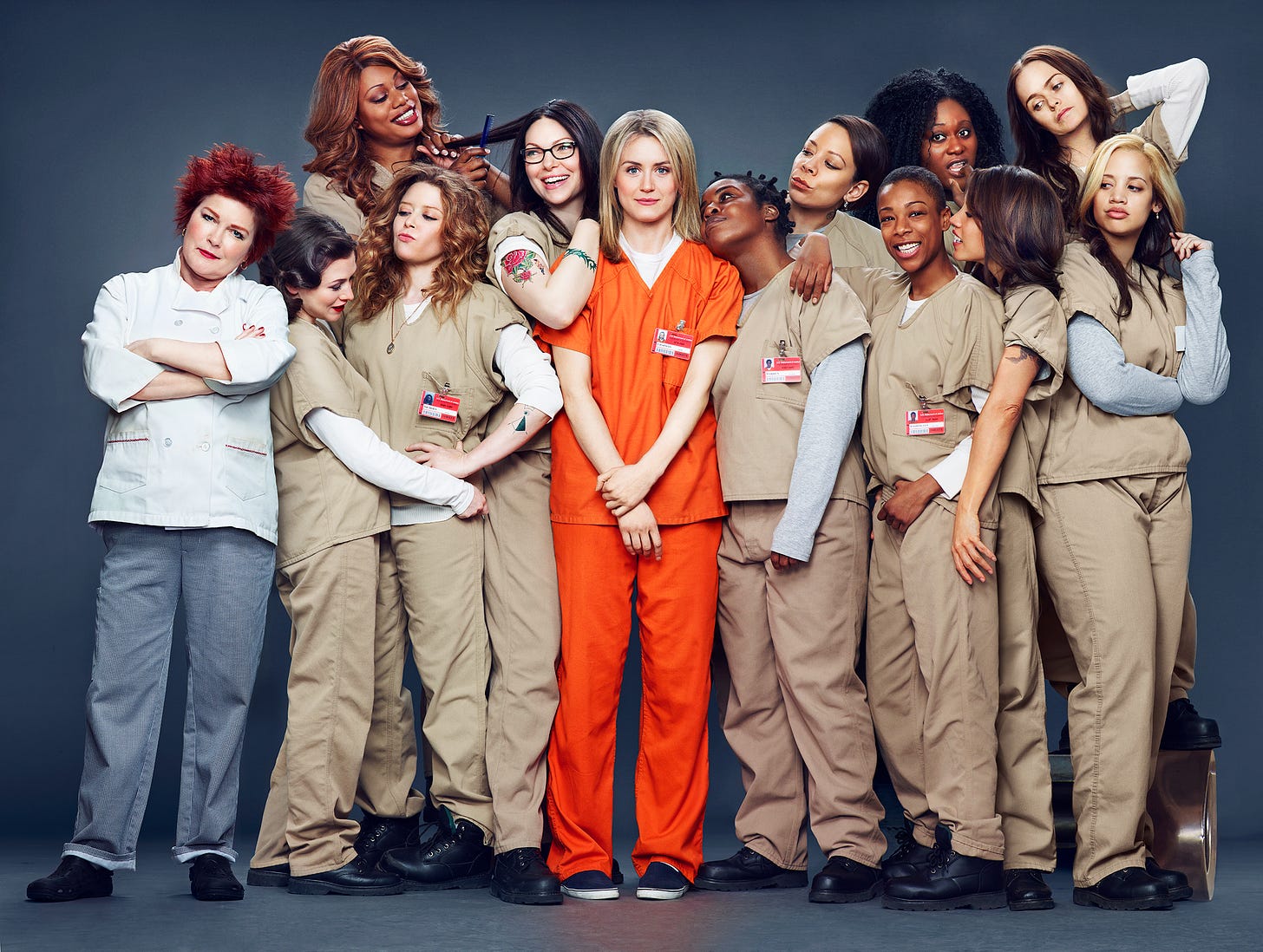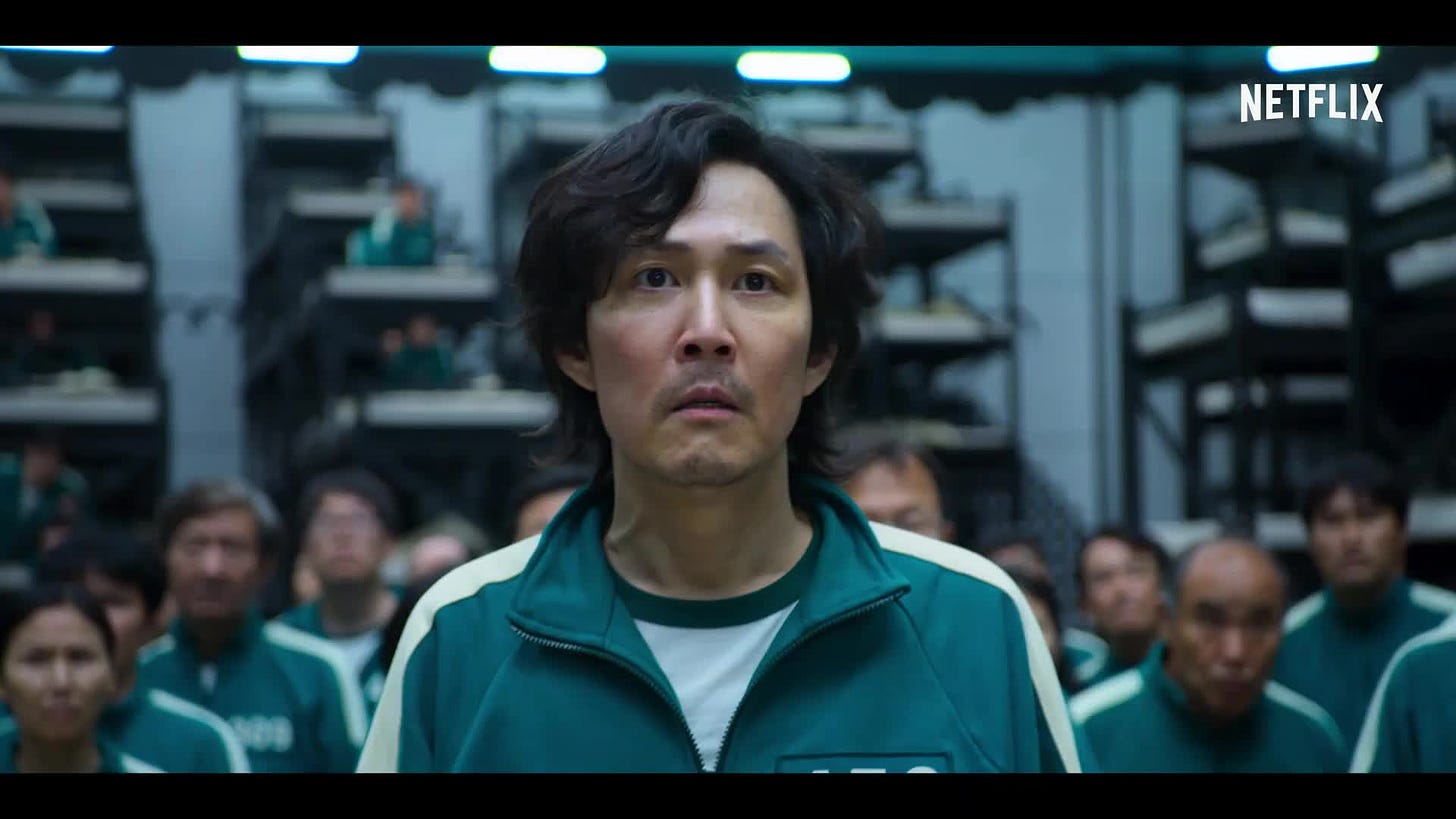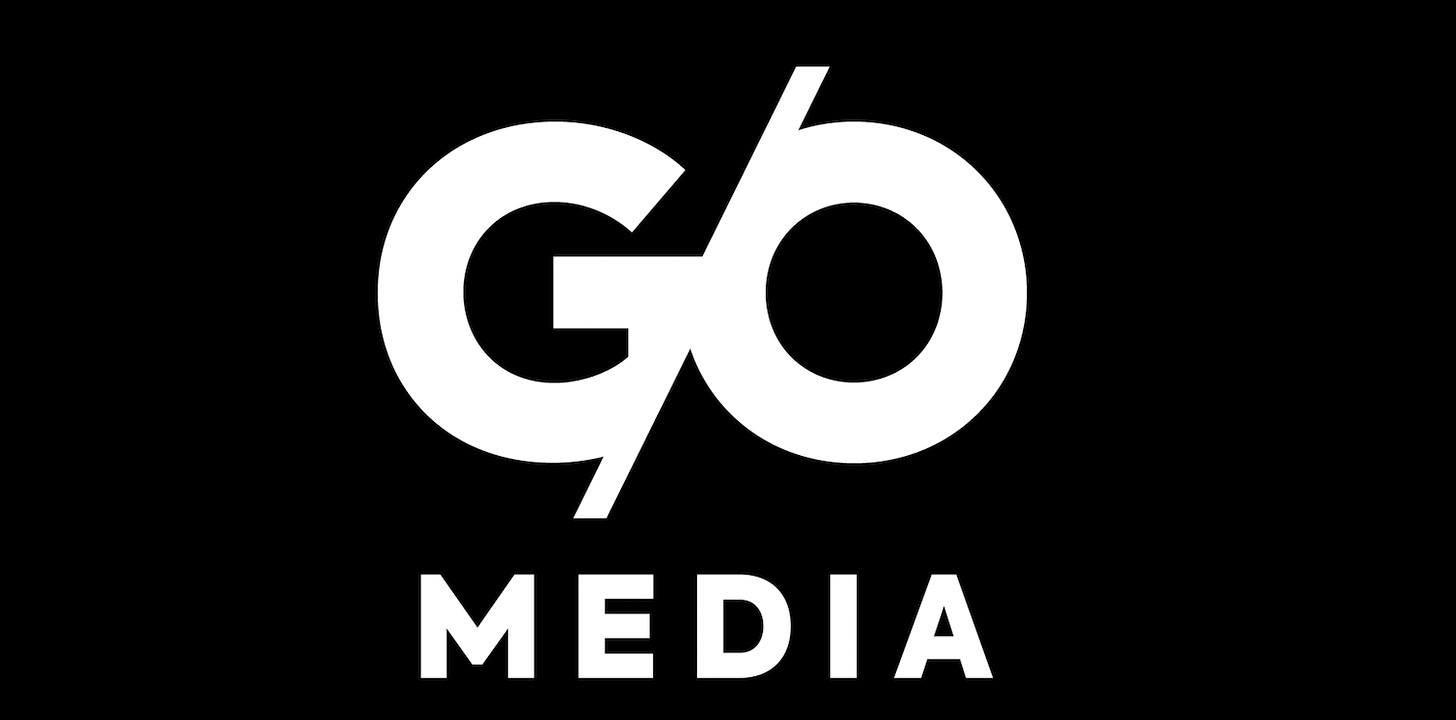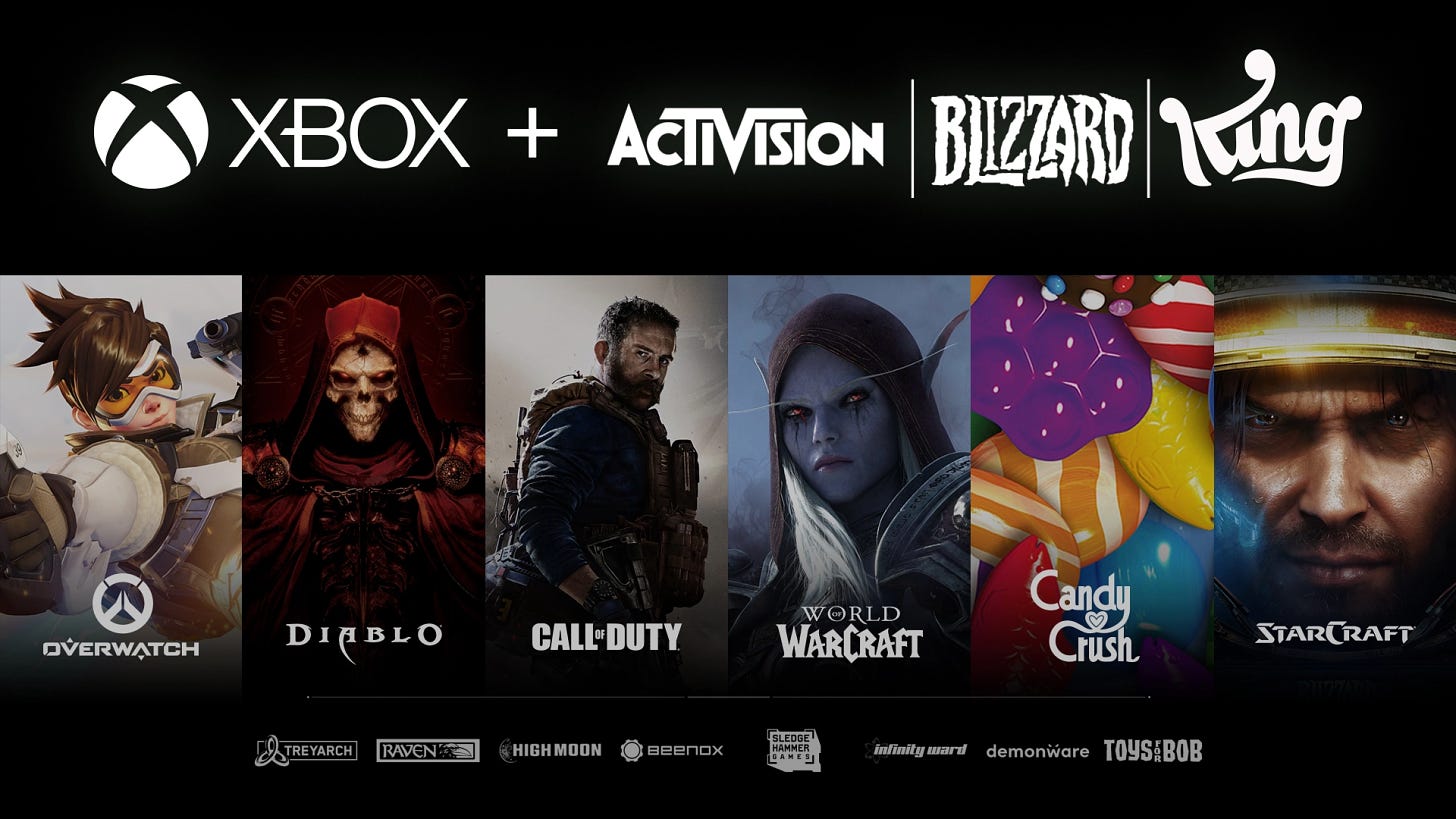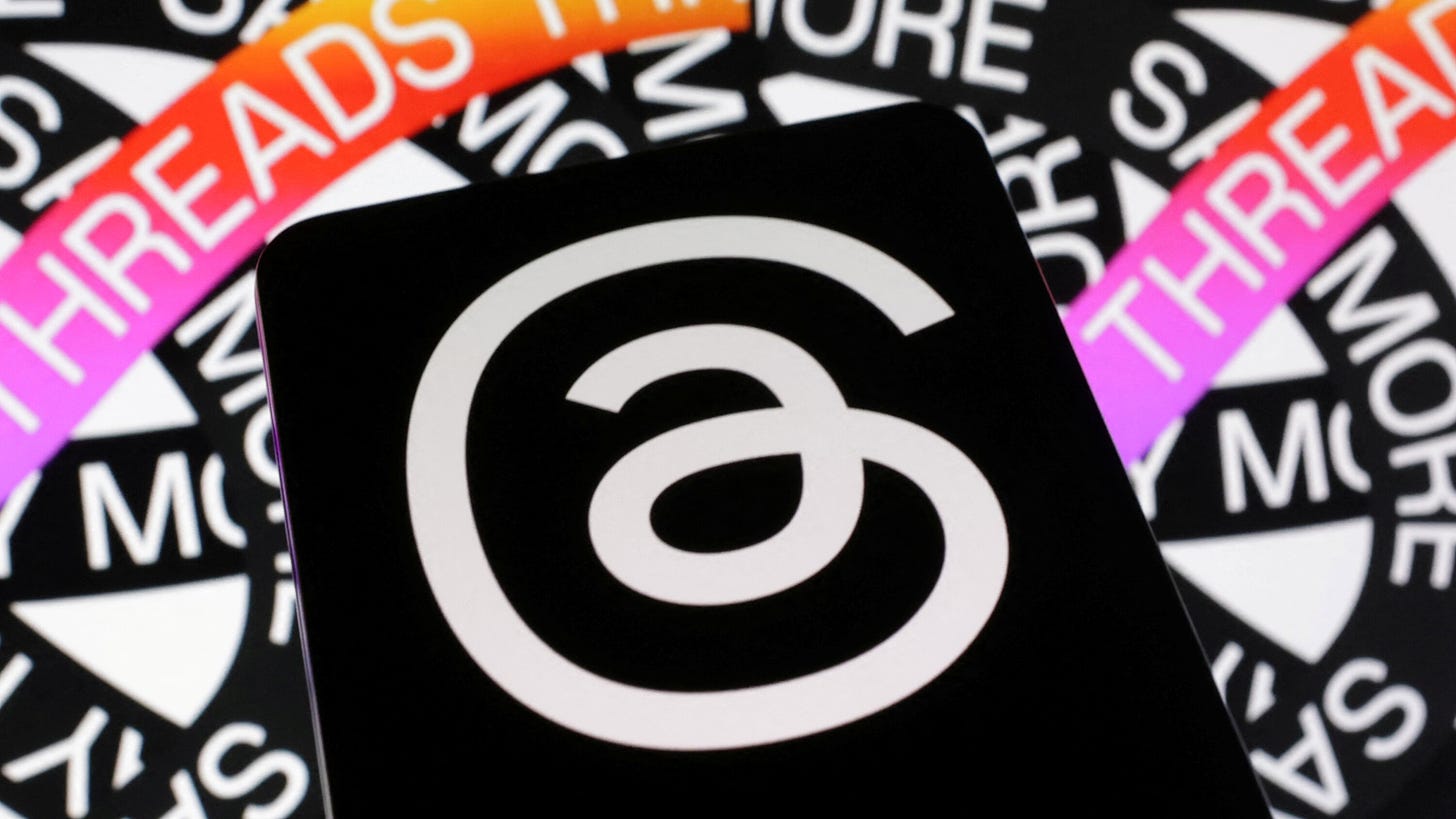Stuff Worth Knowing for the Week of July 10, 2023
SAG-AFTRA goes on strike, Microsoft nets a few wins in acquiring Activision-Blizzard, and Twitter tries to pay creators.
Welcome back to Stuff Worth Knowing! Each week, I'll round up news related to tech, video games, film, television, anime, and more.
Hollywood Math Is Not Mathing - SAG-AFTRA Strikes
On Thursday, the actors of the United States made a move they had not made since the 1980s. The Screen Actors Guild – American Federation of Television and Radio Artists (SAG-AFTRA), the union that represents 160,000 actors, voice actors, radio show hosts, and more, decided to strike. This came after a lengthy failed negotiation process with the Alliance of Motion Picture and Television Producers (AMPTP), which represents all of the major American film and television production companies.
So, SAG-AFTRA joins the Writers Guild of America (WGA) on the picket line. The latter guild has been striking for 74 days as of this writing, with no sign of stopping. That’s partially because studios are relying on already-finished films and movies, or reality programming to fill the gaps. In fact, the studios are prepared to ride the strike out until October. “The endgame is to allow things to drag on until union members start losing their apartments and losing their houses,” one anonymous studio executive told Deadline.
Both striking guilds are concerned about similar issues: AI and overall pay. In regards to the former, the WGA is looking for assurances that AI “can’t write or rewrite literary material.” SAG-AFTRA is pushing back against a proposal that would give studios control over digital doubles for actors, with only a one-time payout.
“They propose that our background performers should be able to be scanned, get paid for one day's pay, and their company should own that scan of their image, their likeness, and should be able to use it for the rest of eternity. So if you think that's a groundbreaking proposal, I suggest you think again,” stated SAG-AFTRA chief negotiator Duncan Crabtree-Ireland in a press conference. The studios contend this is incorrect, and that they merely want to use the process for whatever current project the actor is contracted for.
If AI is a theoretically existential threat, the issue of pay and residuals is a much clearer threat: The business of Hollywood simply isn’t working anymore. In film and television, but especially in the latter, the shift to streaming has simply gutted a large part of the way actors and writers used to be paid. To see why, you have to understand how both business models used to work, versus how they do now.
The Good Old Days
For film, it was originally just down to the theatrical release. With the advent of VHS, there was a theatrical window of at least six months before folks could purchase a film on home video or rent it. Then video-on-demand (VOD) through cable companies was rolled in. The logical progression became something like this: theatrical release for 90 days, then sell-thru (VOD, digital, and disc sales), then rental a few weeks later. At each step, the films were making a certain amount of money for the studio, whether that’s through direct sales or licensing fees. In addition to their salary on the film, major creatives involved in the production would get a small cut at each step, also known as residuals.
On the television side, money was generally made through advertising. The more popular your show was, the more advertising during your show’s air time would cost sponsors. If you reached the threshold of 100 episodes for your ongoing show, then it would be sold into syndication. This is a process of licensing shows to other networks or public broadcasting. (This is what we used to know as reruns.) Once again, the more popular your show was, the more likely it became syndicated, meaning it would make a bit of cash in perpetuity. With the addition of home video, seasonal collections provided another way to make money through direct sales. Once again, creatives would receive a small cut of each of these revenue sources, after their salary.
In the past, one big success meant creatives were set. The cast and creative leads from Friends do not have to work, because the show itself was so popular that the residuals from syndication, home video, and even streaming licensing deals means money is always coming in. That used to be the promise of Hollywood; so many, many failures, but the big successes meant you were set for life, or at least a good chunk of time.
A New Model For A New Era
Let’s look at what happens today. For films, there’s still a theatrical window, usually 60 days. (During the pandemic, there briefly was no theatrical window.) After that your film goes to streaming and sell-thru. This means, folks can buy or rent your film, or more likely, just watch it on the company’s streaming service. Of course, the latter lowers demand for the former; most don’t feel the need to own a film since they feel it’ll always be there on the streaming service. (The reality is less certain!)
For television, it’s just streaming mostly. That’s not to say that shows aren’t being made under the older business models at networks like ABC, CBS, and NBC, but a large chunk of the industry makes television shows for streaming platform. And for streaming, the money is only coming in when the show is being made. The backend money from residuals is almost non-existent, and the show can theoretically run on the service forever, meaning it won’t be licensed again.
You can see the growing issue in the stories from actors and writers about the lack of residuals for major streaming hits. Shawn Ryan recently delivered The Night Agent for Netflix, becoming the streamer’s sixth most popular English television series. Despite the huge viewership of 803 million hours, Ryan says he stands to make far less on The Night Agent in residuals, compared to the check he receives for The Shield, which aired on the less-popular FX cable channel.
“Half a billion hours is the equivalent of over 61 million people watching all ten episodes in 18 days. Those shows that air after the Super Bowl—it’s like having five or ten of them,” Ryan told Vulture. “In my case, it means that I got paid what I got paid. I’ll get a little bonus when season two gets picked up and a nominal royalty fee for each additional episode that gets made. The promise was that if you made the company billions, you were going to get a lot of millions. That promise has gone away.” (Ryan acknowledges that he’s doing pretty well in the article regardless.)
Kimiko Glenn, who rose to fame as an actor on Netflix’ Orange Is the New Black, recently stated on social media that she received just $27 on her last residuals statement. The New Yorker spoke to numerous actors from the show, many of whom had their own stories of poor pay and working multiple jobs to stay afloat. One tale notes that while at a SAG Awards party, Netflix’ then-chief content officer boasted that more people watched Orange Is the New Black then HBO’s Game of Thrones; the trick being the latter was on a traditional network, so its stars were being paid much, much more than most of the Orange cast.
If you’re looking for a more-recent example, Squid Game creator Hwang Dong-hyuk told The Los Angeles Times that he made no residuals on the first season and has no intellectual property rights to the series. That’s because the new business model—pay creatives just on the front-end and keep all the back-end for the streaming service—was largely put in place by Netflix. Every other company just chases that perceived success, and a new way of working that allows executives and companies to keep more of the money.
That’s not to say Hollywood knows how to make streaming profitable in and of itself. Netflix has been spending into debt for a long-time, while Disney+, Paramount+, and Peacock are losing money for their respective studios. Streamers are beginning to turn toward ad-supported plans and free, ad-supported streaming television (FAST), essentially remixing the older broadcast models on new platforms. But there is money being made, and that money isn’t going to the folks who make the shows and films that are racking up streaming watch time.
That lack of payment for the work they’re doing, the entertainment they create, is why SAG-AFTRA and the WGA are striking. Worse, the change in business models is also making it much harder for Hollywood to produce new creatives. The writers contend that smaller episode counts and the binge model make it hard for new writers to rise up the ranks and become showrunners themselves. The way things are now is simply unsustainable, financially and creatively.
The work will suffer without proper compensation, without time for folks to really devote themselves to one project, one vision in a healthy manner. The Hollywood machine doesn’t work without people, and the output will eventually be terrible if you grind those people into paste. The demands from both unions aren’t out of line and should be taken into consideration. And if executives don’t listen, they’ll stand atop a mass of expensive “content” that no one wants to see, captains of a fleet of sinking ships. (The 2023 box office says “hi”.)
Film, Television, and Streaming 🎞️
Bob Iger Extends Contract Into 2023, Floats Selling ABC
Back in November last year, it was a surprise when Robert Iger returned to Disney as CEO, replacing his chosen successor Bob Chapek. At the time, the plan was for Iger to act as CEO for two years as he searched for another successor. Instead, Iger has extended his contract into 2026, according to Deadline.
Along with the contract extension, CNBC interviewed Iger about his plans for the company in the future. With the ongoing strikes, a lot of attention was paid to Iger’s comments about the union expectations not being “realistic”. Pretty normal executive-level nonsense. What’s more interesting from an organizational perspective was a bit lost in the furor: Iger brought up the idea of finding a partner for ESPN and potentially divesting ABC.
“That said we’re going to be open minded there too. Not necessarily about spinning ESPN off, but about looking for strategic partners that could either help us with distribution or content, but we want to stay in the sports business,” said Iger in the interview. “Transformative work is dealing with businesses that are no growth businesses and what to do about them. Particularly the linear business, which we are expansive in our thinking about and we’re going to look expansively about opportunities there because clearly it’s a business that is going to continue to strive.”
The “linear business” is, of course, ABC network. Iger isn’t entirely wrong that linear TV might not be entirely aligned with Disney’s current business. That’s largely because streaming has led to stronger cord-cutting over the years, even as new broadcast standards are on the horizon.
AI 🤖
WGA Condemns AI-Generated Article From G/O Media Sites
Last week, G/O Media put up a number of terrible listicles created by AI. The writing on these articles was generally terrible, and that’s before you get to all of the factual errors. On Wednesday, the Writers Guild of America East put out a statement condemning the use of AI for this work.
“Our members in the GMG Union and Onion Union have demanded bargaining from G/O Media on this new workplace development to no avail,” says the statement. “Last week, G/O Media published AI-generated articles on several unionized properties, embarrassing staff who work hard under untenable conditions to fill websites with relevant, accurate, and engaging journalism. The posted articles, called ‘tests’ by G/O management, were riddled with errors and even an ethnic slur.”
G/O Media management does not seem to be reversing course on the use of AI.
FTC Warns OpenAI That It’ll Be Looking At ChatGPT Soon
This week, the Federal Trade Commission (FTC) sent a letter to OpenAI, the company behind ChatGPT, asking for documents about how it addresses risks related to AI models. According to the Washington Post, this is the beginning of an extensive investigation into OpenAI and its practices. The letter states the investigation will be seeing if the company has “engaged in unfair or deceptive privacy or data security practices” or has been harming consumers with its large language model. In the latter category, the fact that ChatGPT is sometimes prone to make up false statements about real people might be a problem.
Video Games 🎮
Microsoft Notches Wins In Activision-Blizzard Acquisition
It’s been a wild week for Microsoft, in regards to its potential acquisition of Activision-Blizzard. On Tuesday, Judge Jacqueline Corley of the United States District Court for the Northern District of California sided with Microsoft, denying the FTC’s request for a preliminary injunction on the deal.
"The FTC has not shown it is likely to succeed on its assertion the combined firm will probably pull Call of Duty from Sony PlayStation, or that its ownership of Activision content will substantially lessen competition in the video game library subscription and cloud gaming markets," wrote Corley in her decision. The FTC appealed the loss on Wednesday, but that appeal went to Corley, who shot that down too.
With the US side of the deal looking like it might close, the UK Competition & Markets Authority (CMA) was left standing alone. On Tuesday, the CMA and Microsoft agreed to a pause on the lawsuit seeking to block the acquisition. Both sides came back to the table, with Microsoft offering concessions to get the deal to go through in the UK. The CMA extended its final deadline for a decision to August 29, following a receipt of those concessions.
With all the doors closing, Sony finally agreed to Microsoft’s 10-year deal to keep Call of Duty on PlayStation platforms. “We are pleased to announce that Microsoft and PlayStation have signed a binding agreement to keep Call of Duty on PlayStation following the acquisition of Activision Blizzard. We look forward to a future where players globally have more choice to play their favorite games,” said Xbox boss Phil Spencer on Twitter. With Sony’s agreement, it does feel like it’s game over on blockers to the acquisition, though the FTC might still do what it can legally to block the deal.
Report States 87% of Classic Games Are “Critically Endangered”
This week, the Video Game History Foundation and the Software Preservation Network released a study about the availability of classic video games. The study’s hook is the statement that 87% of classic video games, defined as games released prior to 2010, are no longer commercially available. The study maintains that the only way to access many of these games is through vintage hardware and original physical copies, putting them out of the reach of most players. Both organizations are looking for stronger access to these older games through libraries and archives, arguing that the reissue market simply isn’t up to the task.
Tech ⌨️
Meta Puts Moderation In The Hands Of Users For Threads
Like Bluesky Social, Meta’s Twitter clone looks like it will be leaving most of the moderation decisions in the hands of its users. Instead of robust moderation, Meta wants to offer strong filtering options, to prevent users from seeing content they don’t want to see.
“I hope over time we’ll have less of a discussion about what our big, crude algorithmic choices are and more about whether you guys feel that the individual controls we’re giving you on Threads feel meaningful to you,” Meta Global Affairs President Nick Clegg told The Washington Post. Will that do enough to fix large-scale harassment and misinformation? Probably not.
Twitter Starts Paying The Worst People On The Platform
With competition from Threads and other platforms, Twitter is struggling to make moves to keep users on its platform. This week, Twitter started sharing a portion of its ad revenue with creators.
Of course, the caveats started to stack up. First, the program was only rolled out to a small subset of creators, including right-wing figures like Tim Pool and Andrew Tate. Second, to be eligible, users have to be subscribed to Twitter Blue and have at least 5 million impressions every month for the last three months. The impressions have to be from other Twitter Blue subscribers as well.
It’ll be interesting to see how Twitter is planning to pay these creators on an ongoing basis. Musk himself said that advertising revenue was down 50% and the company still has negative cash flow. Twitter is also facing a number of lawsuits due to lack of payment, including from office owners and former employees.
FTC Chair Lina Khan Grilled By House Judiciary Committee
Federal Trade Commission chair Lina Khan spent over three hours testifying in front of the House Judiciary Committee on Thursday. The session was largely a chance for Republican members of the committee to roast Khan over her stance against big business practices and mergers. When questioned about the regulator’s recent losses in regards to merger litigation, Khan did not reverse her stance on the matter. “We fight hard when we believe there was a law violation, and unfortunately things don’t always go our way,” she said.
Federal Appeals Court Pauses Order Prevent Biden Admin From Talking to Social Media
Last week, a U.S. Federal Judge ruled in favor of an injunction preventing the Biden administration and several government agencies, including the Department of Justice, State Department, Department of Health and Human Services and the Centers for Disease Control and Prevention, from speaking to social media companies to prevent misinformation. On Friday, a three-judge panel of the U.S. Court of Appeals for the Fifth Circuit paused that order. The appeal court also wants expedited oral arguments in the case.




